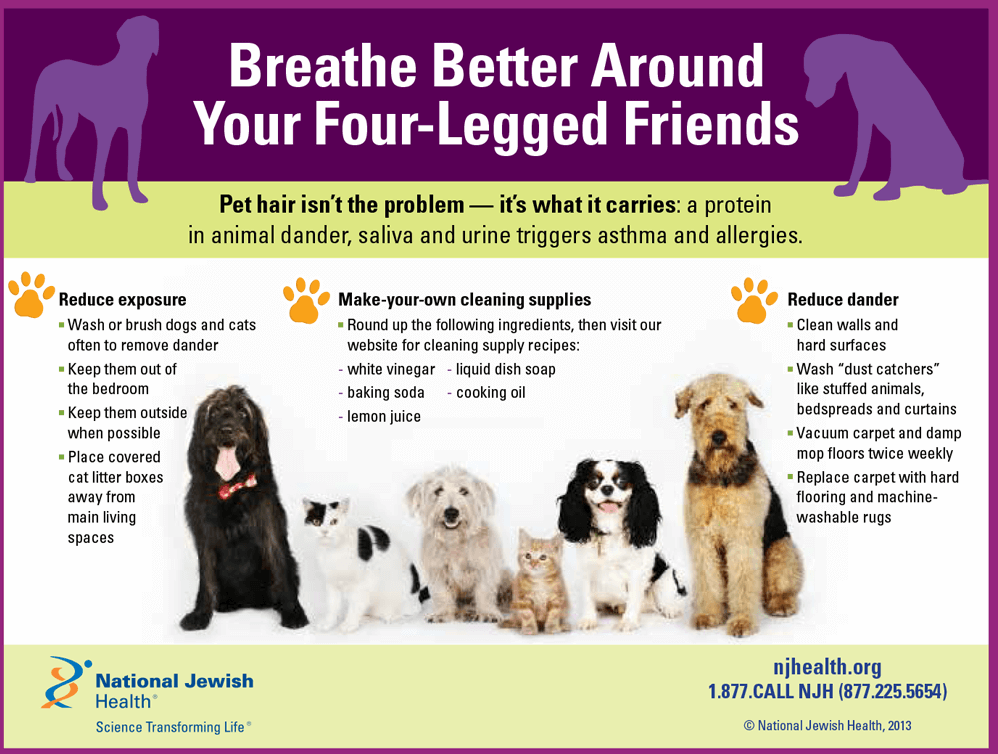How To Make Dog Daycare Fun
How To Make Dog Daycare Fun
Blog Article
What Vaccinations Are Needed For Canine Childcare?
Whether your canines hang around at day care or boarding facilities, they require to be current on all of their required inoculations. Core vaccinations include Bordetella, rabies and DA2PP, which guard against usual conditions that canines are exposed to when in close contact with others.
Non-core vaccines consist of canine influenza and leptospirosis shots. These are advised for puppies that mingle with various other canines regularly.
Core Injections
As an essential part of preventative care, dog vaccinations help maintain canines secure from infectious conditions transmitted via direct get in touch with or contaminated surface areas. Vaccinations stimulate the body immune system to create antibodies that deal with disease, and the majority of vets take into consideration core canine vaccinations to be important for all pet dogs.
Rabies
Many reputable pet dog daycare facilities call for that your animal depend on date on their rabies inoculation. Vaccinations are provided to pups as early as 12-16 weeks old, and boosters are required every three years or two till their adult years. Rabies is a deadly viral disease that spreads via saliva, generally from attacks. Most states require rabies inoculations for all dogs and felines, and some also mandate rabies boosters for pet proprietors.
Distemper/Parvovirus/Adenovirus (DHPP).
This mix vaccine covers canine distemper, parvovirus, liver disease, and adenovirus, all of which are extremely transmittable. Most vet workplaces provide DHPP injections as one shot or in a collection of long term dog boarding two to 4 shots, offered 2-4 weeks apart, complied with by a yearly booster. This vaccine is a demand for a lot of boarding and dog daycare facilities, in addition to many groomers.
Bordetella/Canine Parainfluenza Injection.
Bordetella bronchiseptica, frequently known as kennel cough, is a really contagious breathing infection brought on by the bacteria that triggers the condition. Symptoms include relentless coughing, sneezing, nasal discharge, and high temperature. Most kennel cough episodes take place in crowded atmospheres, such as childcare or boarding centers, and are especially typical in warmer weather condition. This vaccine is a requirement for a lot of childcare and boarding centers, and is often provided in a mix with the DHPP injection.
Leptospirosis Vaccination.
This is a microbial disease that spreads with polluted water, dirt, and pee. Infection can cause kidney and liver damage, in addition to fatality, and is transmissible to human beings. The majority of vets will recommend this injection, based on geographical place and lifestyle of the pet, for canines that hang out outdoors or at boarding centers, along with some groomers. This vaccination is usually administered as a series of two to four shots, spaced 2-4 weeks apart, with an annual booster required for a lot of family pets.
Lyme Condition Vaccine.
The most typical tick-borne illness in the USA, Lyme condition is transmitted by the deer tick and can lead to fever, joint discomfort, muscle mass discomfort, and anorexia nervosa. The Lyme condition vaccination shields against the most prevalent strains of the virus, including the H3N8 and H3N2 strains. Many veterinary centers suggest this vaccination, specifically in risky locations, such as the Northeast, top Midwest, Mid-Atlantic, and along the Pacific shore.
Noncore Vaccines.
Various other dog vaccines, while not necessary for all pets, are recommended based on the dog's lifestyle and geographical location. These include the following:.